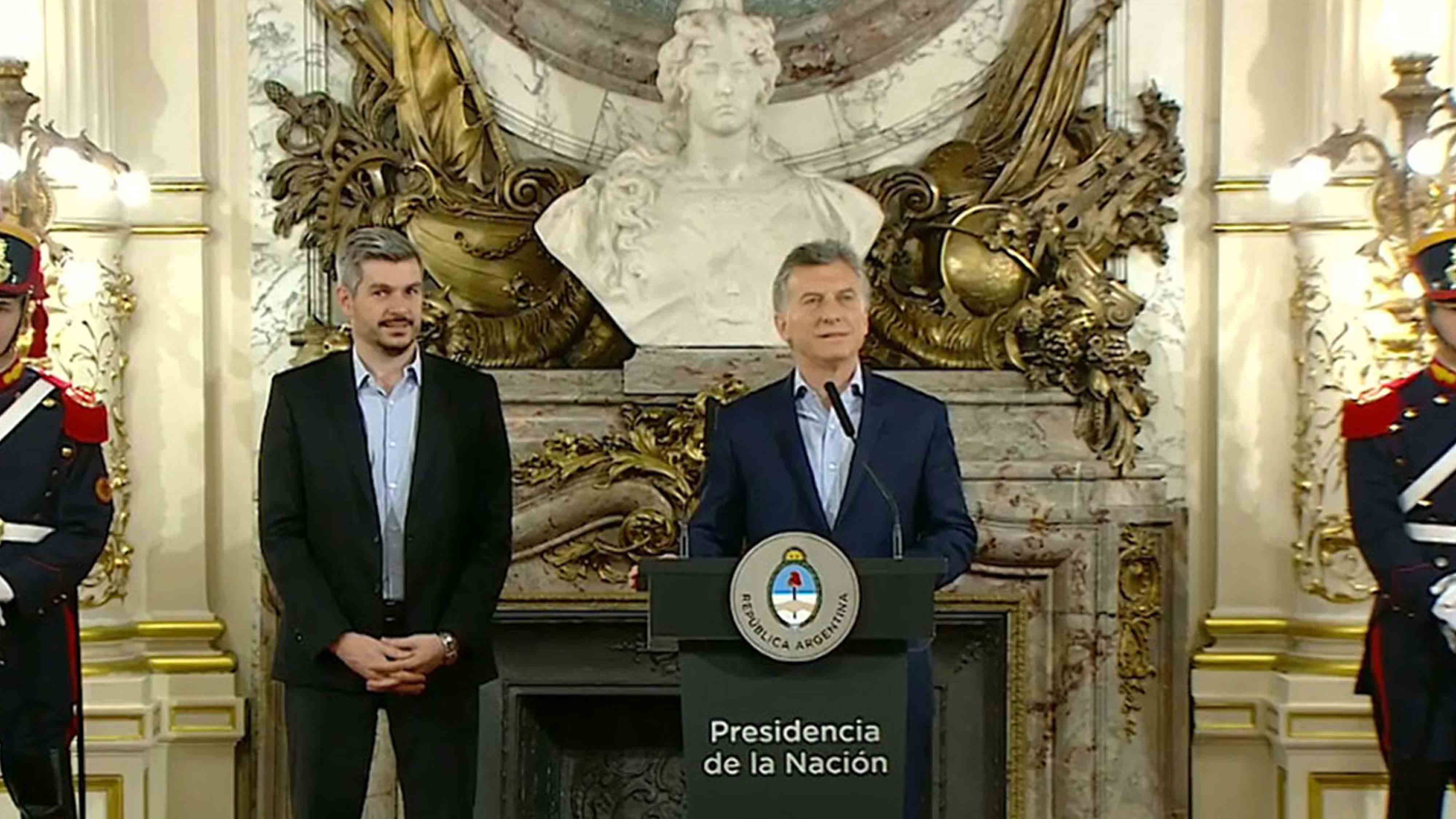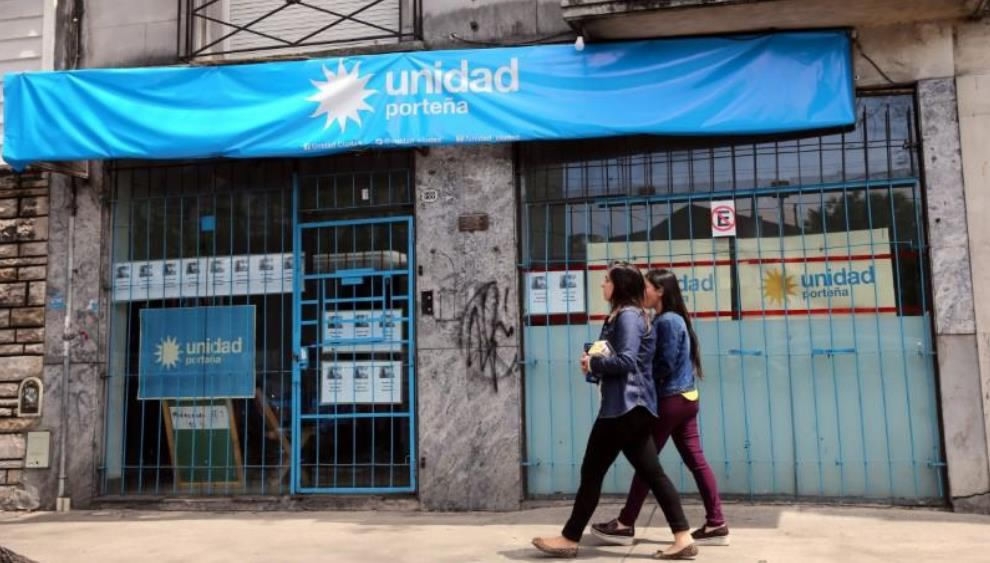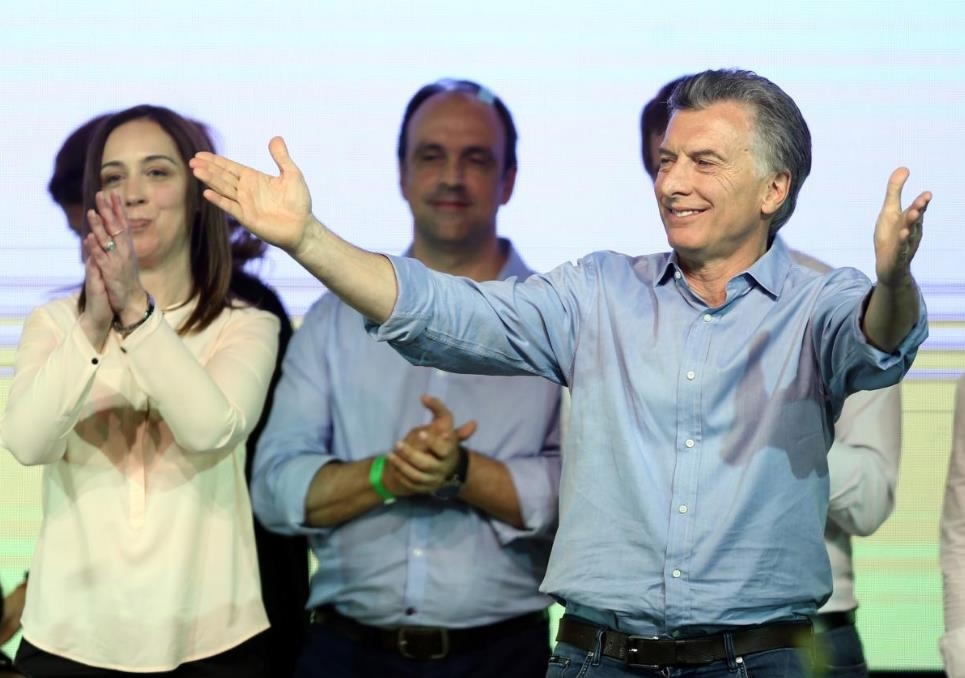
Politics
07:57, 25-Oct-2017
Argentina’s president sets stage for reforms with midterm election win
By Joel Richards

Argentina’s president scored a major victory in midterm elections on Sunday. His center-right coalition “Let’s Change” improved its hand across the country and will now move ahead with a series of reforms.
Celebrations led by Mauricio Macri’s trademark dance have become a familiar sight during Argentinian elections. And two years after winning the presidency, Macri celebrated once again as his party strengthened its position.
“We realized that many things can change,” Macri said. “We realized that we could, we were encouraged by change. We overcame fear and resignation, and reality accompanied us and is accompanying us.”
The center-right coalition won the five largest provinces and took 41 percent of the vote nationwide.

Reuters Photo
Reuters Photo
Analyst Mariano Vila of Llorente y Cuenca Consultancy said this represents a cultural shift.
“In this election, the first difference is that we are thinking in a new Argentina. For that reason, this election is very important. Not only for the government, but also for Argentina the country.”
The election results essentially give the government the green light to move ahead with reforms in a number of key areas. On Monday morning, President Macri outlined his priorities for the second half of this term in office.
With a stronger presence in Congress, his government will now focus on reforming taxes, education and labor legislation.
The elections had been overshadowed by the disappearance of activist Santiago Maldonado, whose body was identified on Friday. There was widespread indignation and accusations of a government cover-up. Authorities reportedly say it appears he drowned, and there was no sign of violence.

Reuters Photo
Reuters Photo
But just as crucial was the fate of former president Cristina Fernandez de Kirchner, who was running in Buenos Aires Province for a senate seat. She was defeated by the government’s candidate, but still managed to get a seat.
“The government has been able to capitalize on a majority of Argentinians who feel strongly against the ex-president,” Lucas Romero of Synopsis Consultants said. “This let the government gain good results not only in the Buenos Aires Province where the ex-president was candidate, but also across the country.”
Fernandez de Kirchner will now have immunity against corruption charges. In her return to the political stage, it’s expected she will help opposition efforts against government reforms, austerity measures and tariff hikes, which Argentinians began to feel on Monday when the cost of fuel increased by 12 percent.

SITEMAP
Copyright © 2018 CGTN. Beijing ICP prepared NO.16065310-3
Copyright © 2018 CGTN. Beijing ICP prepared NO.16065310-3